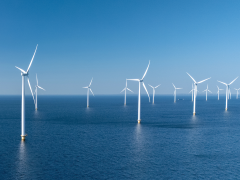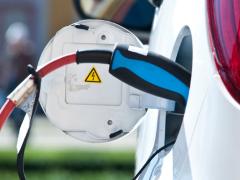Paris-aligned energy transition pathways for India
Achieving the Paris climate goal of limiting global warming to 1.5 °C implies a fast decarbonisation of the world’s energy system. At the same time, the energy demand of many emerging economies, and India in particular, is expected to increase strongly. This study aims to guide effective climate action in India by analysing developments in India’s energy system based on current trends, India’s policy ambitions and the results of Paris-aligned scenarios.
Large capacity additions of solar and wind
Achieving India’s renewable energy targets for 2022 and beyond will require a significant increase in capacity in both solar and wind power compared to current trends. Based on projected costs of power generation technologies, solar and wind make up the largest increase in generation capacity in existing 2 °C and 1.5 °C scenarios. The capacity additions of natural gas, hydro, nuclear and bioenergy are much smaller. The relatively small role for natural gas is consistent with current trends – which show no increase in total gas capacity since 2015 – and India’s National Electricity Plan, which shows hardly any increase in gas due to uncertainty in gas availability.
Phasing out coal
Due to the strong increase in electricity demand, coal-fired generation capacity does not decline in Paris-aligned pathways in the coming decade. Most scenarios do however show an absolute decline in coal capacity between 2017 and 2040, especially in the 1.5 °C scenarios.
Increasing efficiency lowers the need for natural gas
Increasing energy efficiency in industry is an important measure in both national policies and in scenarios. Scenarios with limited growth in industry energy demand show a stabilising trend in natural gas use at current levels. Scenarios with strongly increasing industry energy demand show an increase in natural gas use in the coming decade.
Authors
Specifications
- Publication title
- Paris-aligned energy transition pathways for India
- Publication date
- 15 July 2020
- Publication type
- Report
- Page count
- 22
- Publication language
- English
- Product number
- 4160




